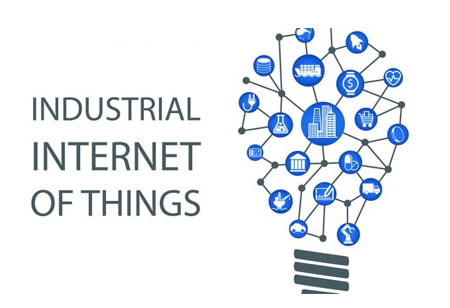THANK YOU FOR SUBSCRIBING
Popular Technology Trends in Mobile Health Apps
As mobile devices continue to become more prevalent and technologically advanced, innovators also continue to develop more mobile applications or apps.

By
Apac CIOOutlook | Thursday, January 27, 2022
Stay ahead of the industry with exclusive feature stories on the top companies, expert insights and the latest news delivered straight to your inbox. Subscribe today.
Cloud computing is a critical component of the majority of mobile apps, particularly mHealth apps. Compared to traditional physical servers, cloud storage systems provide greater storage, flexibility, automation, and lower costs.
Fremont, CA: As mobile devices continue to become more prevalent and technologically advanced, innovators also continue to develop more mobile applications or apps. Apps can be highly complex, leveraging mobile devices' power, popularity, and portability for an ever-increasing range of uses. It is estimated that over five billion people worldwide have a mobile device, with over half of these being smartphones with the capability to run apps.
Let us look at some technology trends impacting the mHealth app industry, as identified by
Cloud
Cloud computing is a critical component of the majority of mobile apps, particularly mHealth apps. When compared to traditional physical servers, cloud storage systems provide greater storage, flexibility, and automation, as well as lower costs. To name a few applications, cloud storage allows multiple doctors to access clinical images, electronic health records (EHR) to be accessed from any location, as well as patient-level health and fitness information to be stored and tracked over time. Amazon, Microsoft, and Google are major cloud computing players that also have a presence in the mHealth space.
Patients and healthcare workers began to use cloud-based virtual waiting rooms in response to the Covid-19 pandemic. Chronometriq, a North American leader in healthcare management, has released MagicSeat, a virtual queue management system for clinics, in June 2020.
Social media
Many mHealth apps, particularly those related to health and fitness, allow for the social sharing of personal fitness data. Fooducate's Fooducate app, which allows users to upload healthy recipe ideas and generates a newsfeed of user-sourced menu options, and the Fitbit app, which encourages users to post their fitness progress to a social feed and, in turn, be motivated by the progress of their friends, are two apps that do this well.





